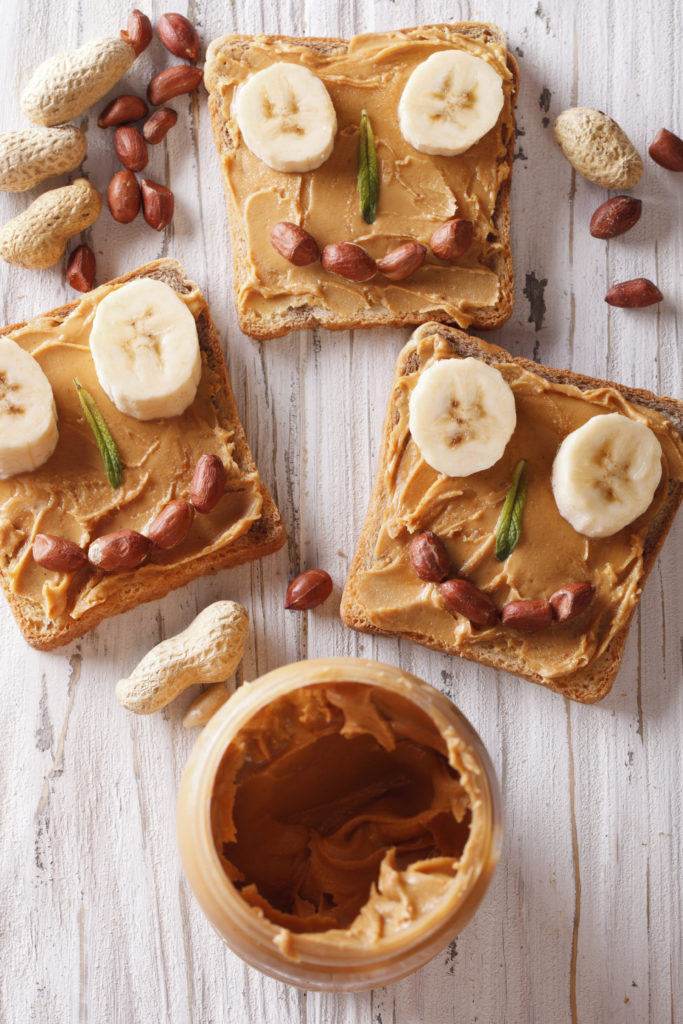
By Lisa Pecos
With food allergies on the rise and peanut allergies in particular affecting approximately 2 percent of U.S. children, it’s natural to be weary of exposing your baby to peanuts. Up until recently, parents were told to not give their babies foods containing peanuts to avoid triggering an allergy. The recommendation was to avoid feeding peanuts to high-risk babies until the age of 3. Two recent studies, however, suggest that feeding babies peanuts and other known allergy-inducing foods is more likely to prevent an allergy.
The Studies
The first study, which was a follow-up to the landmark research published the previous year, found that children at high risk for allergy that had peanuts introduced in the first year of life through to 5 years of age, a 12 month-long avoidance of peanuts was not associated with an increased risk of peanut allergy.
The second study, published March 2016, found that the early introduction strategy could work with eggs, as well as peanuts. It found that allergies to these foods were less common in young children who’d started eating those foods at 3 months of age than in those who’d only been breastfed.
What This Means for Parents
Even though the evidence against avoidance of certain foods is mounting, there is still more research needed. In the meantime, parents may want to follow the guidelines released in 2013 by the American Academy of Allergy, Asthma & Immunology (AAAI). They suggest that high-risk allergens, such as peanuts, eggs, and fish, can be safely added to a baby’s diet between the ages of 4 to 6 months as complementary foods, as it is safe and may prevent the development of dangerous food allergies.
Most reactions to these foods happen during the initial ingestion, so it’s advised to give them an initial taste of the food at home as opposed to in a restaurant or day care. If there is no reaction when your baby first consumes the food in question, then the food can be gradually given in increasing amounts.
Of course, if your baby already has known food allergies or eczema, speak to your doctor about the best way to introduce new foods.
Be aware of the signs and symptoms of food allergies. The most common symptoms of a food allergy in babies up to 6 months of age can include:
- skin rash
- vomiting
- diarrhea
- gas
If your baby shows signs of an allergy, contact your doctor right away. Seek emergency medical treatment for any signs and symptoms of a severe allergic reaction.
